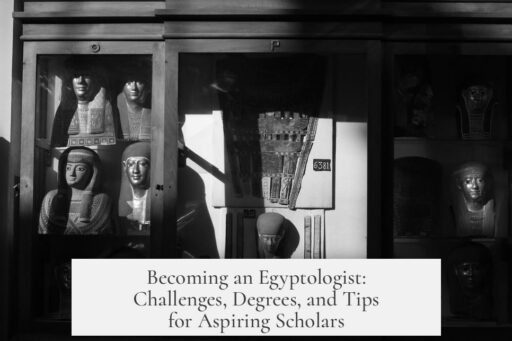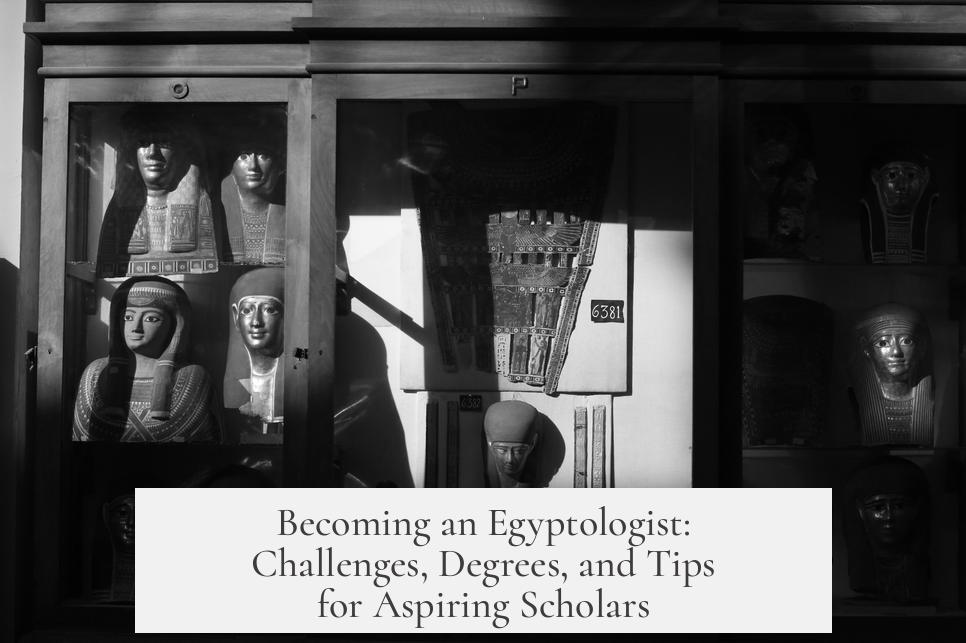Becoming an Egyptologist is a challenging endeavor that typically requires earning a PhD in the field. The process demands dedication, specialized study, and excellent academic fit with potential advisors.
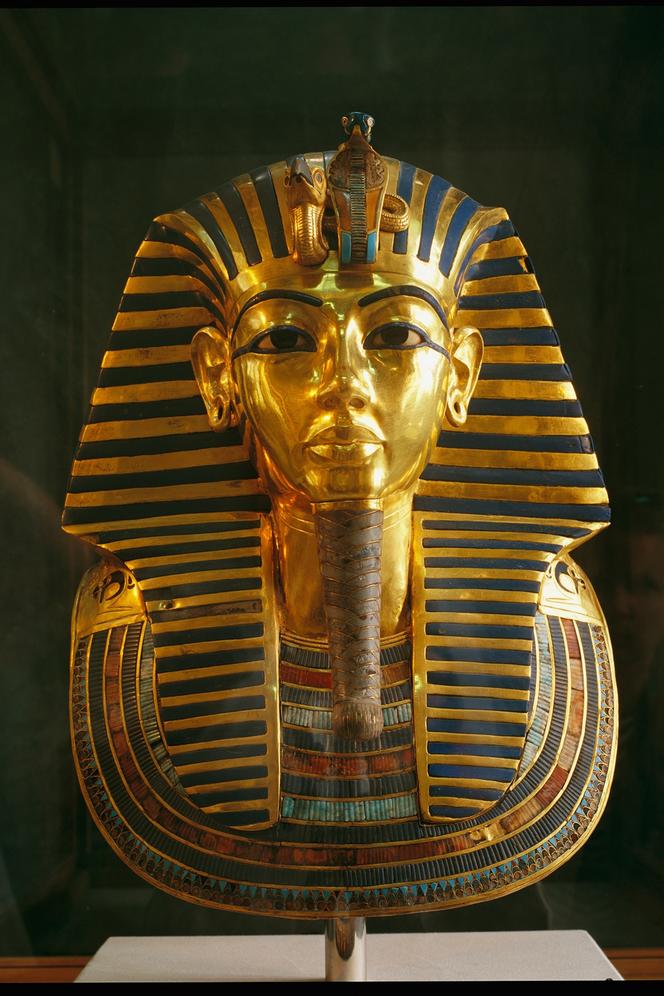
The primary difficulty lies in the scarcity of Egyptology PhD programs, especially in North America. Only a few universities offer such programs, and they admit very few students annually. This high selectivity means getting accepted is tough, particularly without prior coursework in relevant subjects such as history, archaeology, or Middle Egyptian language.
Applicants must carefully align their research interests with the faculty members available. Graduate departments prioritize strong matches between candidates and professors. Even an impressive academic record cannot guarantee admission if the applicant’s focus does not complement the department’s expertise.
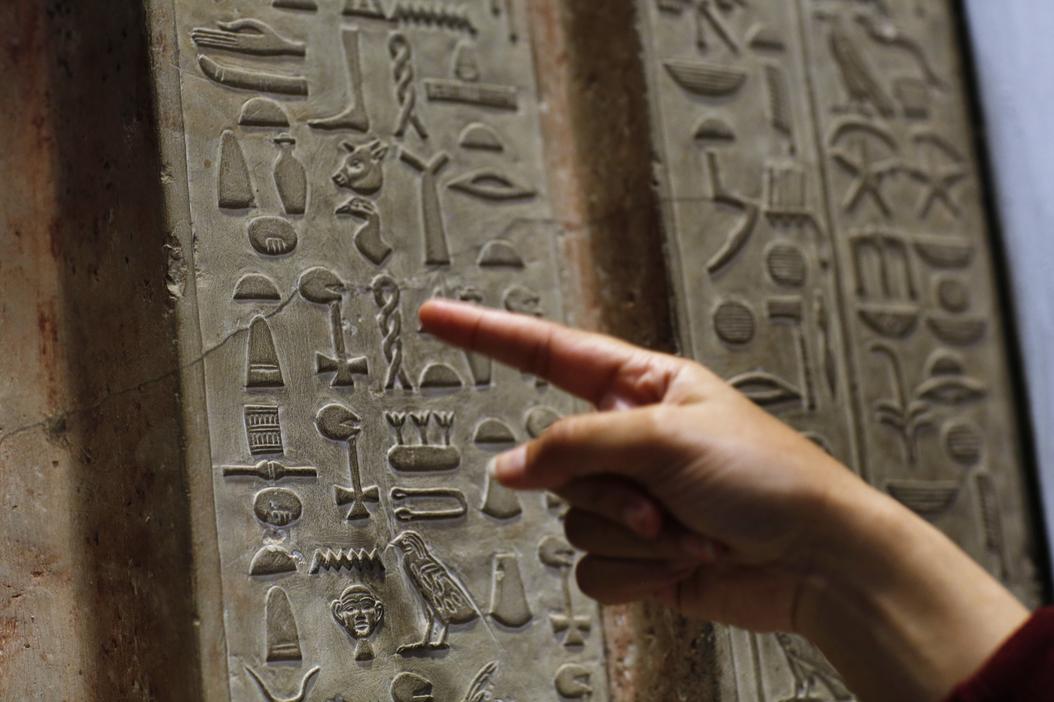
Regarding academic requirements, a master’s degree is not strictly necessary for applying to a PhD program in Egyptology. However, many successful candidates do earn a master’s before proceeding. This degree often provides foundational knowledge and research experience that improve an applicant’s chances.
Students admitted into Egyptology PhD programs come from diverse academic backgrounds. Common fields include religion, classics, anthropology, and history. This diversity reflects the interdisciplinary nature of Egyptology, which combines linguistic, archaeological, and cultural studies.
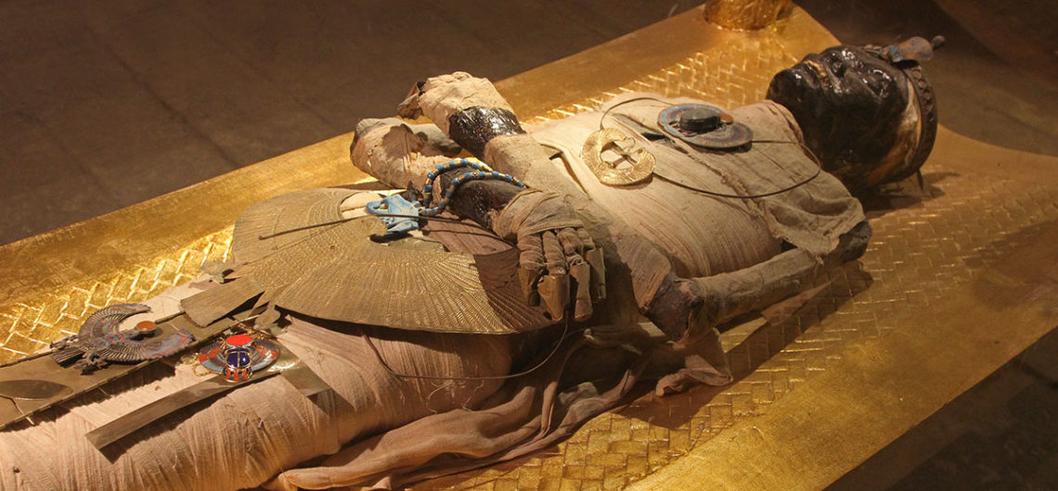
The path to becoming an Egyptologist can be summarized as follows:
- Obtain a bachelor’s degree, preferably in history, archaeology, or related disciplines.
- Acquire knowledge in Middle Egyptian language and relevant historical contexts.
- Pursue graduate studies with a focus on Egyptology, ideally securing a strong match with faculty.
- Complete a PhD program, which is critical for professional status in this field.
Overall, becoming an Egyptologist requires strategic planning, significant academic preparation, and persistence in a highly selective environment.
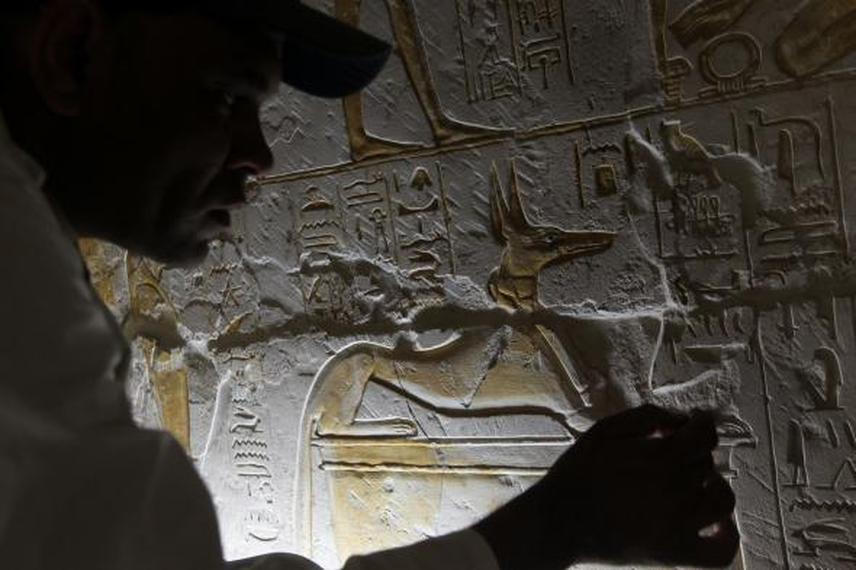
- PhD is almost always required to become a professional Egyptologist.
- Limited programs and competitive admissions increase difficulty.
- A master’s degree is common but not mandatory.
- Strong alignment with faculty research interests is essential.
- Applicants come from varied academic fields.
How Difficult Is It to Become an Egyptologist, and Does It Require Multiple Degrees?
Becoming an Egyptologist is pretty tough and usually demands a PhD. It’s not a casual stroll through the pyramids; it’s more like climbing a steep, sandy hill with a backpack full of books and a strong passion for ancient Egypt.
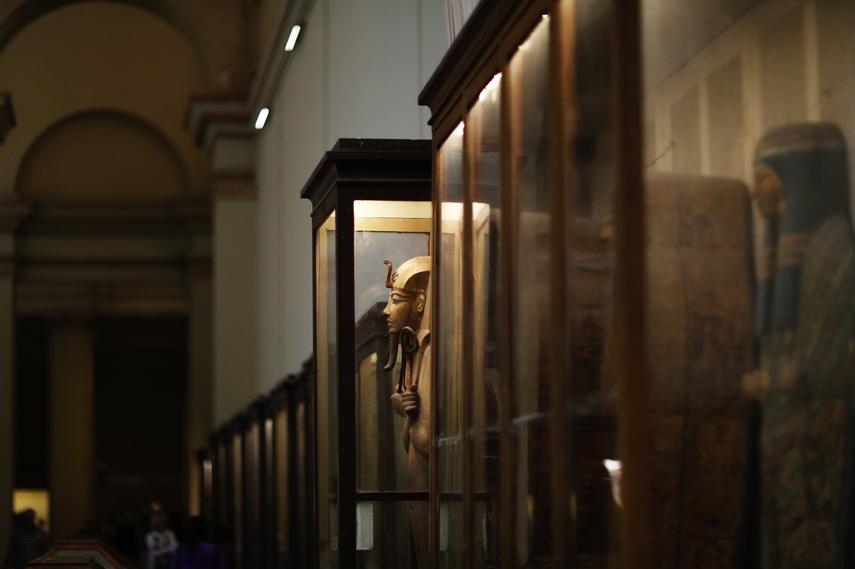
Let’s unwrap what it really takes to dive into this mysterious and exciting field.
Why Does It Take a PhD to Become an Egyptologist?
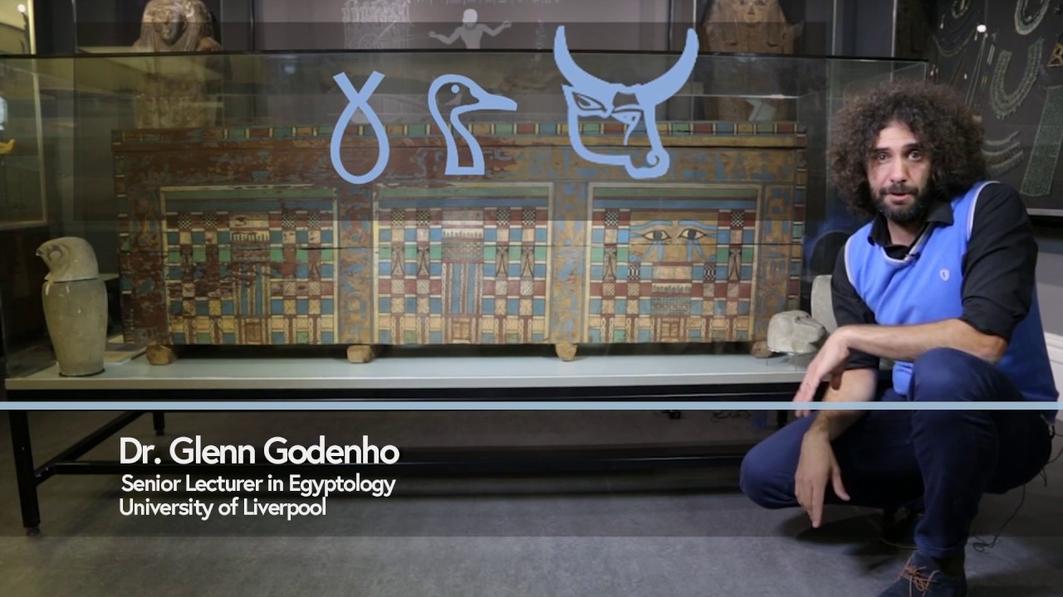
If you want to be taken seriously as a professional Egyptologist, a PhD is basically your golden ticket. Most careers in Egyptology require deep knowledge, original research, and a mastery of ancient Egyptian language and culture—which a PhD program is designed to provide.
However, getting into one of these coveted PhD programs is like trying to get an invite to a secret society. There are very few Egyptology PhD programs in North America. And guess what? These universities admit only a couple of students each year, if any. Competition can be fierce and spots are limited. Suddenly that dusty pyramid seems less intimidating!
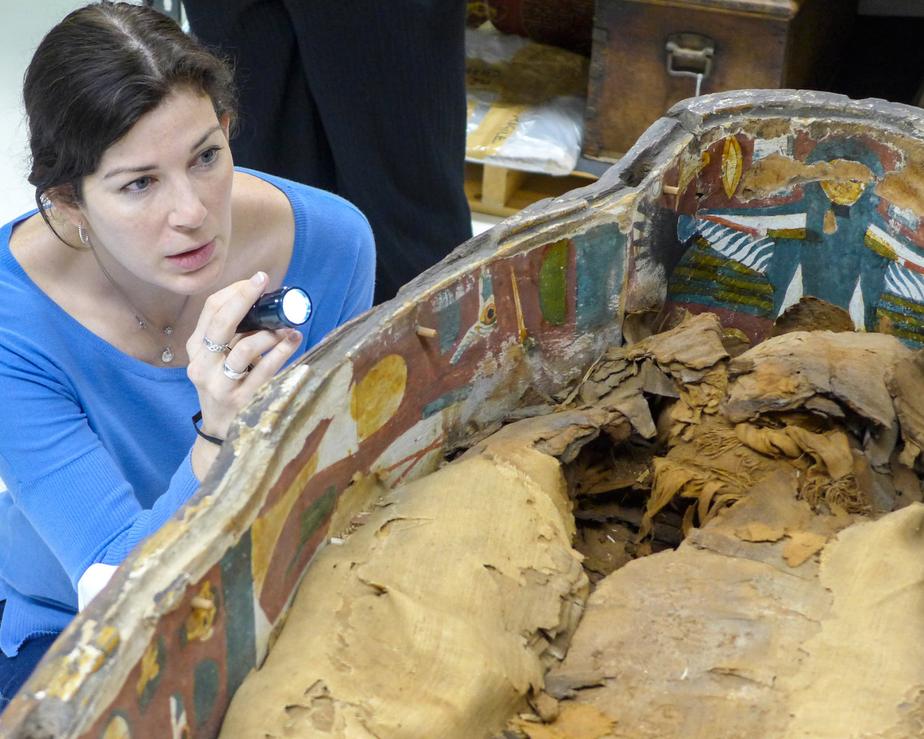
The Academic Jungle: What You Need Before the PhD
Don’t expect to stroll in and say, “I want to study pharaohs!” Universities want to see initiative. Having solid coursework in history or archaeology is important, especially knowledge of at least one year of Middle Egyptian—the language of hieroglyphs, papyri, and treasure maps. Okay, maybe not treasure maps.
Without prior academic work in relevant areas, the chances of acceptance plunge sharply. Admission committees look for applicants who demonstrate focused interests and who fit well with their department’s strengths. So, it’s not just about being smart or passionate. Fit matters. You must be able to explain exactly what you want to study, and why you want to work with a particular professor.
Think of it as dating. You want to impress someone who shares your interests, not just anyone with a fancy hat.
Is Multiple Degrees Required? Not Exactly, But Helpful
Here’s where things spice up. A master’s degree isn’t strictly needed to apply for a PhD program in Egyptology. Some candidates skip the master’s and head straight for doctorate study. However, many successful applicants do have a master’s degree under their belt.
So, while you don’t need multiple degrees by rule, they often help prepare students better and make the leap into a competitive PhD program less scary. It also broadens your knowledge and skills, so you come in equipped to handle intense research work and specialized topics.
The neat thing is, students come from lots of different fields. Religious studies, classics, anthropology, even history—any background with a connection to ancient cultures and critical inquiry can serve as a springboard into Egyptology. This diversity enriches the field. It keeps it lively with fresh perspectives.
Can Passion and Persistence Overcome These Challenges?
Absolutely. Though it’s difficult, it’s far from impossible. Enthusiasm for ancient Egypt has driven scholars to navigate these hurdles. They spend countless hours deciphering hieroglyphs, examining ruins, and publishing research that uncovers the secrets of the past. Many Egyptologists describe choosing this path because the challenge excites them.
And for those who love the adventure, the difficulty becomes part of the story. Think about unearthing a lost temple or piecing together the story of an ancient queen—how rewarding is that?
Tips for Aspiring Egyptologists
- Start Building Foundations Early: Take courses in history, archaeology, and especially ancient Egyptian language if possible.
- Research Potential Advisors: Identify professors who share your research interests and reach out to them. Show fit and enthusiasm.
- Gain Diverse Experience: Don’t limit yourself to one discipline. Classes in classics or anthropology can strengthen your profile.
- Prepare for a Marathon: Expect years of study, but also rewarding discoveries and experiences.
Is Egyptology Your Calling?
So, is it difficult to become an Egyptologist? Yes, but that difficulty is part of what makes the profession special. It demands dedication, focus, and in almost all cases, a PhD from a highly selective program. It may not strictly require multiple degrees, but having a master’s often helps with preparation and acceptance into the program.
Unlocking the secrets of millennia-old civilizations is not for the faint of heart. But if you’re fascinated by ancient mysteries and ready for a challenging academic journey, Egyptology offers a rare opportunity to bring history alive.
Curious how those ancient hieroglyphs suddenly turned meaningful? Perhaps your path starts with that first course in Middle Egyptian. Ready to become a detective of the distant past?
“Nothing makes the past so real as the realization that anyone could have lived then,” scholars say. Egyptology bridges time, and with effort, you can too.
